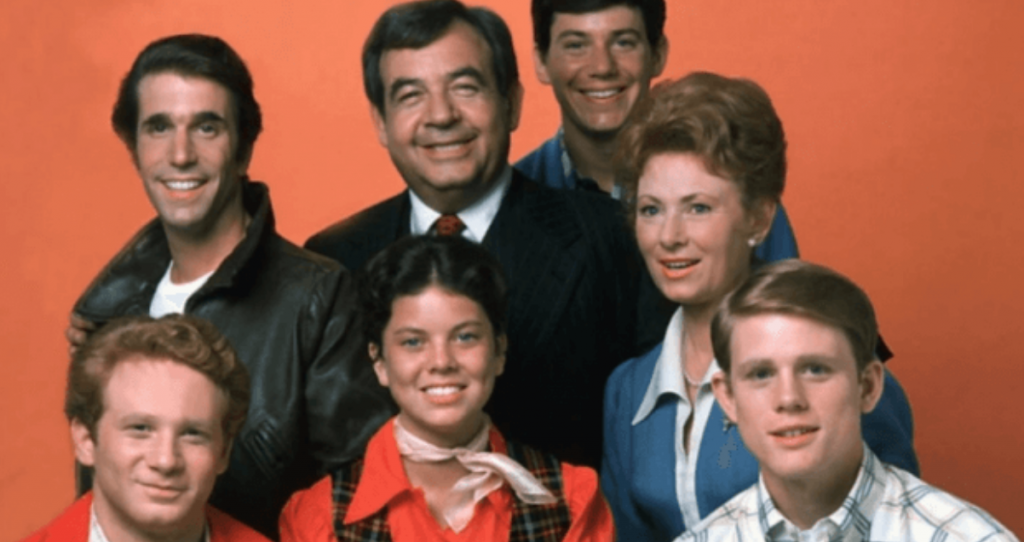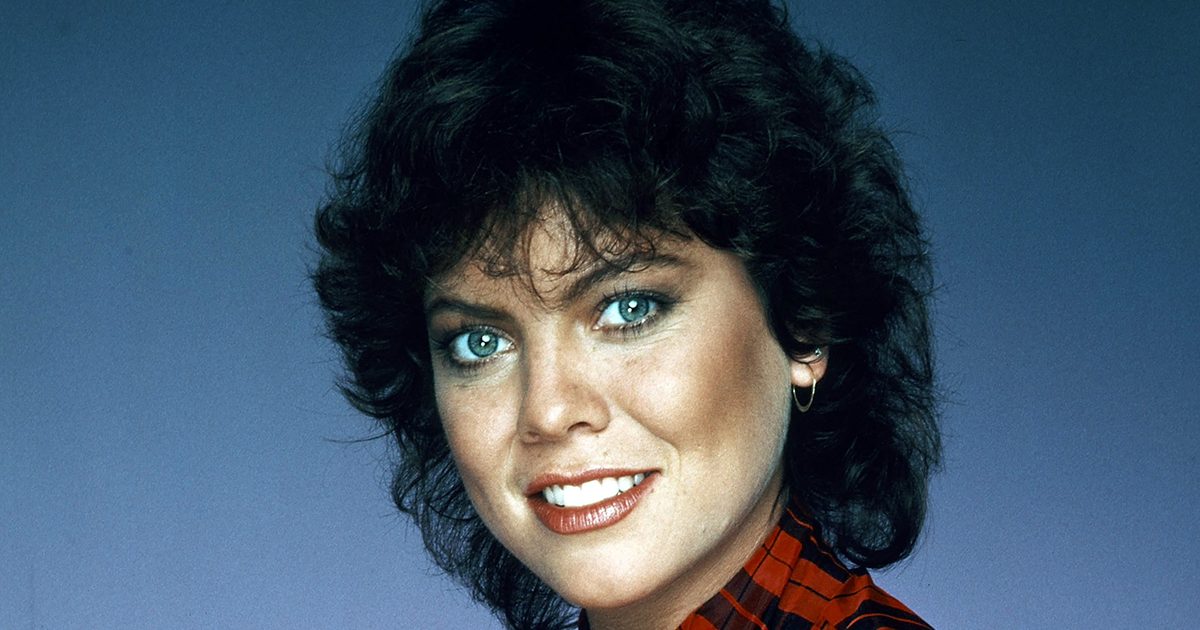A TV Star's Tragic Ending
- Beloved actress Erin Moran, best known for her role as Joanie on the hit 1970s sitcom Happy Days, lost her life at the young age of 56 after a hard-fought battle with stage 4 throat cancer.
- When the tragic news broke in April 2017 that the TV star's had died, many sources assumed it was related to substance abuse (since Moran had a history). It was later confirmed cancer was her cause of death.
- Throat cancer is a type of head and neck cancer; cancerous cells begin in the throat, voice box or tonsils. It's unknown what exactly caused Erin Moran's throat cancer, but experts say that human papillomavirus, or HPV the most common sexually transmitted infection in the United States, may cause more than 90% of throat cancers.
When the tragic news broke in April 2017 that Moran had died, many sources assumed it was related to substance abuse (since Moran had a troubled history), but a coroner confirmed that stage 4 cancer was the cause of her death.
Read MoreView this post on Instagram
Erin Moran’s TV Career
Erin Moran was a child actress. She was cast for the Happy Days role of Joanie Cunningham at just 13 years old. While on air, Happy Days was a massive success. The sitcom first aired in 1974, went on for 11 seasons, and had multiple spin-off shows.

She continued playing Joanie in the short-lived spin-off series called Joanie Loves Chachi in 1982 with actor Scott Baio, but when the series was canceled a year later, she returned to Happy Days for its final season.
In her later years, many people who knew her and some who didn't said she was a "troubled soul" who deeply desired to get back into show business. Her inability to do so led to depression and partying; she was even evicted from a trailer park due to her partying, according to The Recovery Village Drug and Alcohol Rehab.
When Moran died, initial reports suspected her death was related to a heroin overdose, which was later proven false.
A Difficult Cancer Battle
According to Moran's husband of 24 years, Steve Fleischmann, she discovered she had squamous cell carcinoma of the throat (the most common type, which affects the cells in the lining of the throat) in December 2016.
By February 2017, after chemotherapy and radiation treatments, she could no longer speak, eat or drink and had a feeding tube. The Los Angeles, Calif.-born star was living in Indiana at the end of her life.
"It got so bad so fast," Fleischmann said in an open letter shared to Facebook. "The coroner told me it was really, really bad. It had spread to her spleen, she had a lot of fluid in her lungs and part of her brain was infected. The coroner said even if she was in the hospital being pumped full of antibiotics she still would not of made it. He said it was the best that she was with me and went in her sleep."
Before the diagnosis, Fleischmann and Moran found droplets of blood on Moran's pillow. She thought she had just bitten her tongue during the night. But they kept noticing more blood. Fleischmann inspected her throat, and they thought her tonsillitis could be the culprit. The couple went to see an ENT (ear, nose and throat doctor), who biopsied the area.
When the biopsy results were returned, it was confirmed that Moran had advanced-stage throat cancer, and sadly, her health only declined from there.
Understanding Throat Cancer
Throat cancer is a type of head and neck cancer; cancerous cells begin in the throat, voice box or tonsils with this type of cancer.
These days, it’s much more common to know someone who has throat cancer than it was several decades ago. That's because of the strong connection between throat cancer and the human papillomavirus, or HPV the most common sexually transmitted infection in the United States. It's unknown what exactly caused Erin Moran's throat cancer, but experts say that HPV may cause more than 90% of throat cancers.
HPV and Cancer Risk: The Basics
"From the 1980s to the 2010s, the rate of HPV-related head and neck cancers has gone up by 300 percent," Dr. Ted Teknos, a head and neck cancer specialist, and president and scientific director of University Hospitals Seidman Cancer Center in Cleveland, Ohio, told SurvivorNet during a previous interview.
The vast majority of humans in the United States both men and women will eventually get infected with HPV, according to Dr. Allen Ho, a head and neck surgeon at Cedars-Sinai.
"The important thing to know about HPV is that there are many different strains, and only a couple of them tend to be more cancer-inducing," Dr. Ho said. "Probably less than 1 percent of the population who get infected happen to have the cancer-causing virus that somehow their immune system fails to clear, and over 15 to 20 years it develops from a viral infection into a tumor, and a cancer."
It's unclear whether HPV alone is enough to trigger the changes in your cells that lead to throat cancer, or whether this happens in combination with other risk factors like smoking. Of course, some people who develop throat cancer have no known risk factors for the condition. Genetics can play a role in this cancer, too.
Why the HPV Vaccine is so Important in Preventing Cancer
Learn more about SurvivorNet's rigorous medical review process.


